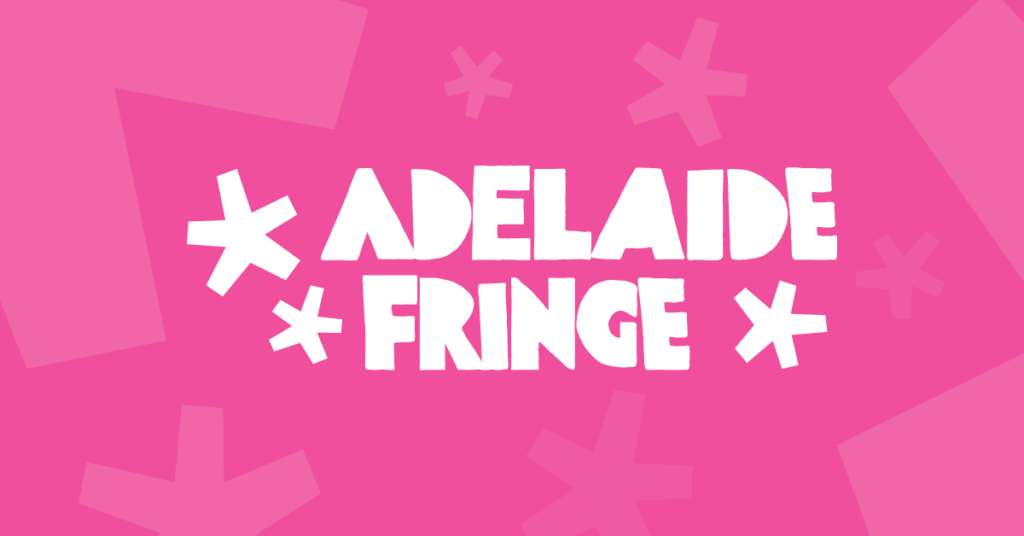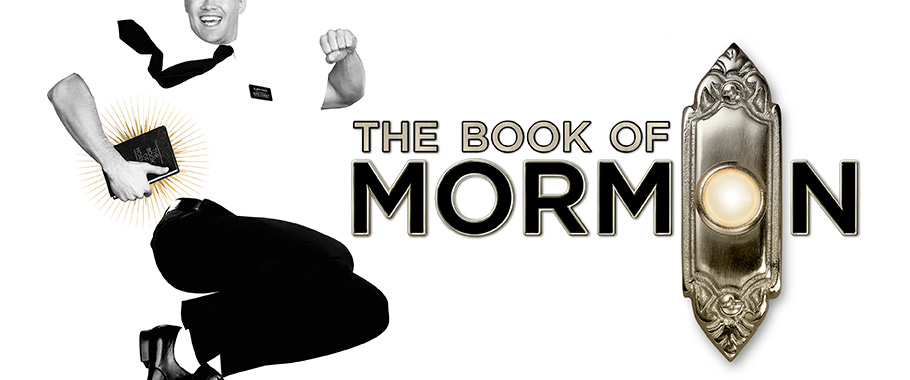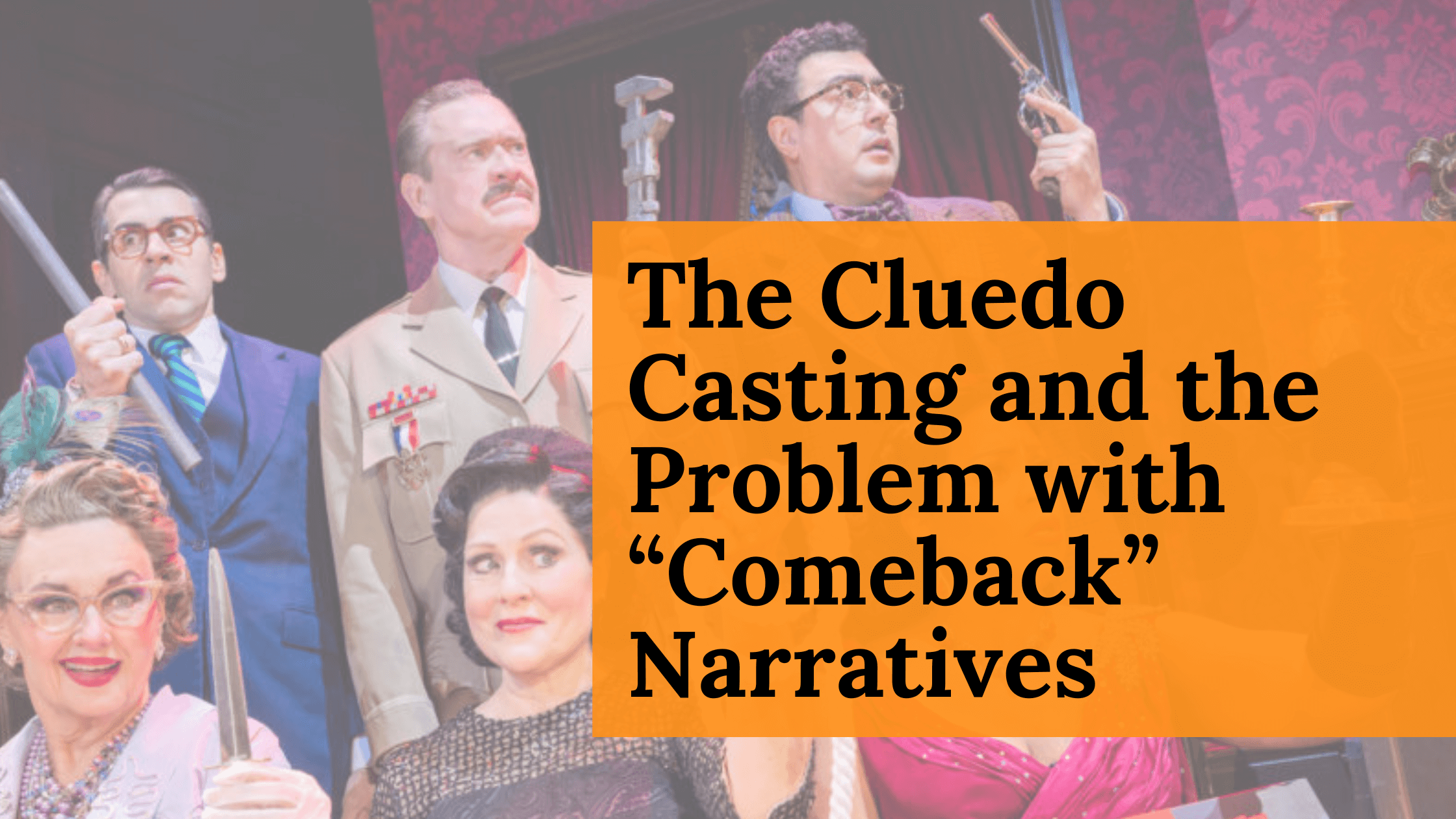
Written by
The recent casting news of the Australian production of CLUEDO has caused controversy online. Here’s why it’s an important reminder about the message that casting choices sends to the arts community at large regarding our ethics and values
Comeback narratives make for a great headline. They’re catchy, they’re intriguing, and they allow audiences to root for the underdog. In film, a comeback works. It gives audiences someone to get behind. The everyday person who defied the odds, overcame their past, their hurdles, their trauma and made it back to the main stage. But what happens when that comeback narrative involves overcoming multiple accusations of sexual assault?
On Wednesday, the first casting for the Australian premiere of the hit-board game stage adaptation CLUEDO was announced. The initial cast includes Genevieve Lemon (The Piano, Sister Act) as Mrs. Peacock, Grant Piro (Agatha Christie’s And Then There Were None) as Wadsworth, Craig McLachlan (The Doctor Blake Mysteries) as Colonel Mustard.
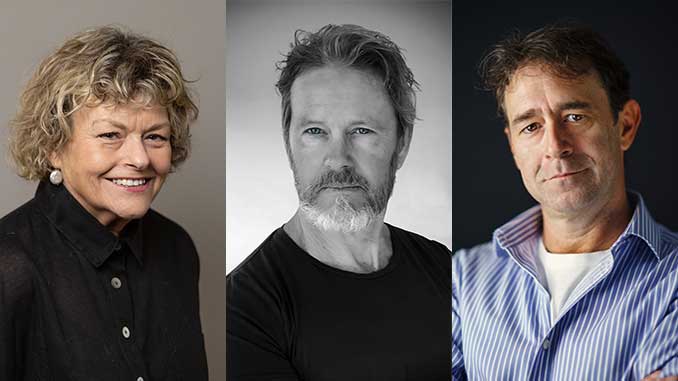
It was the reveal of McLachlan’s name that was the centre for much outrage online from both members in the arts community, as well as audience members who were looking forward to seeing the production come Down Under.
The Case of Cluedo
The announcement of McLachlan’s return to the stage in CLUEDO sparked not only controversy online but also reopened the doorway to a necessary conversation around casting productions in the arts sector, as well as what message this casting choice sends to the community at large.
McLachlan, who was a regular on TV soap operas Neighbours and Home and Away, as well as being involved in the music industry and music theatre for over 30 years, came under fire for the Australian tour of The Rocky Horror Picture Show in 2014.
In January 2018, a joint investigation by Fairfax Media and the ABC brought to light allegations of indecent assault and sexual harassment against McLachlan from the stage production. These allegations included indecent assault, sexual harassment, exposing himself, and bullying, with six women coming forward with allegations from the touring production.
McLachlan has consistently and publicly denied the allegations, calling them “baseless” and “inventions” made for financial gain or notoriety.
In December 2020, Melbourne magistrate Belinda Wallington concluded her decision of not guilty on all charges by making a key point about the law itself, noting that because the events occurred in 2014, the case was judged under older consent laws. She noted that the outcome may have been different if it had been heard under the more modern legal standards of consent, which have since been changed.
So, the decision to cast McLachlan in a major touring Australian production comes after this period of public scrutiny. The now high-profile casting raises an important question: What message does this casting decision send to the rest of the theatre community, especially to those who have previously spoken out about misconduct?
Why Casting is More Than Just Finding a Face
Casting is, in itself, a critical component when it comes to a production’s success as well as its overall integrity. It’s not simply a case of matching an actor’s resume to a character description. It involves a deep understanding of the story, the director’s vision and, most crucially, the cultural moment in which the production exists.
No longer is the role of casting just about who can hit the high notes—it’s about who gets to be heard. Modern audiences are more socially conscious and want to see that reflected on stage. In essence, it’s a cultural statement and a declaration of values. Audiences often connect more deeply with someone on stage that they can see themselves in – this can make work impactful and resonant, and therefore a bigger success.
The importance of authentic casting has been one of the most visible areas of transformation in the push for inclusivity. When reflecting on the “Golden Age” of musical theatre, where works were dominated with harmful stereotypes, musicals like The King and I, West Side Story, and Miss Saigon (whilst masterful in their musical makeup) have aged with criticism for their problematic depictions of race, gender, and sexuality.
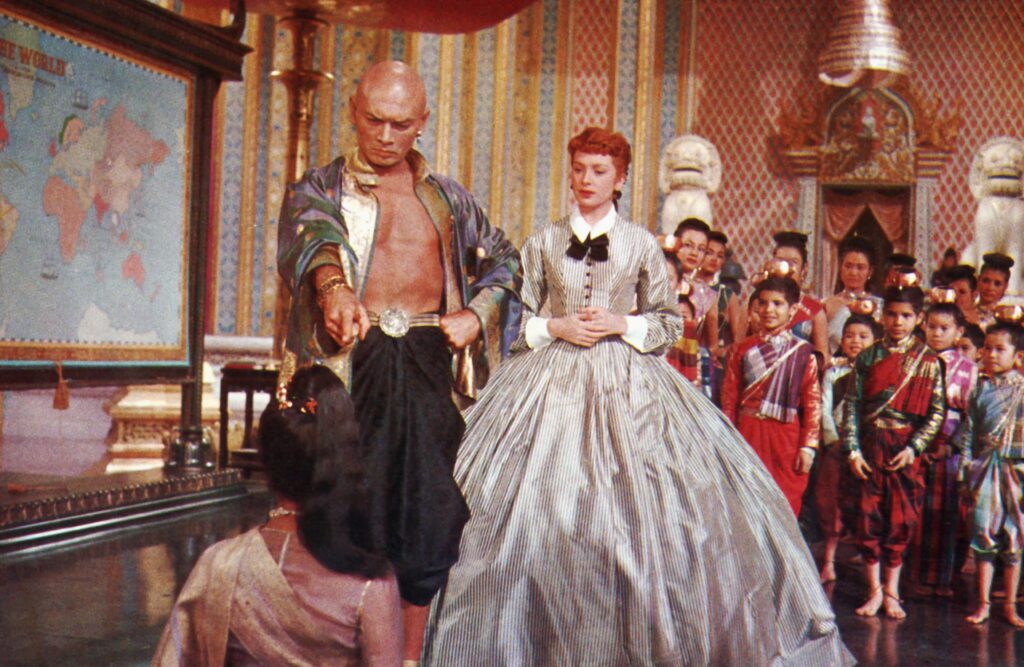
Audience Trust
The demographic of theatre goers is continuing to expand, and so is the social equity that they wish to see on Australian stages. Yes, even in a production based on a whodunnit boardgame.
When it comes to the current cost of living, the cost of a theatre ticket is essentially an investment. When audiences buy a ticket, they are investing both their time and money in supporting a production and its creators, not just the faces on stage. Controversial casting erodes this trust, leading to boycotts and further disenfranchisement within the arts community.
2017 saw a Brisbane based production face backlash over “whitewashing” after they attempted to stage Lin Manuel Miranda’s hit musical In the Heights with a predominantly white company. For a musical set in a tight-knit Latinx community in New York, critics argued that this casting was not culturally authentic and a subsequent petition was launched for the production to be stopped.
Miranda’s other hit musical, Hamilton, is an example of using casting (and writing) to reframe historical narratives to resonate with modern audiences. These purposeful casting choices challenge outdated norms and facilitate broader conversations around how we use casting to send a message that reflects today’s society.
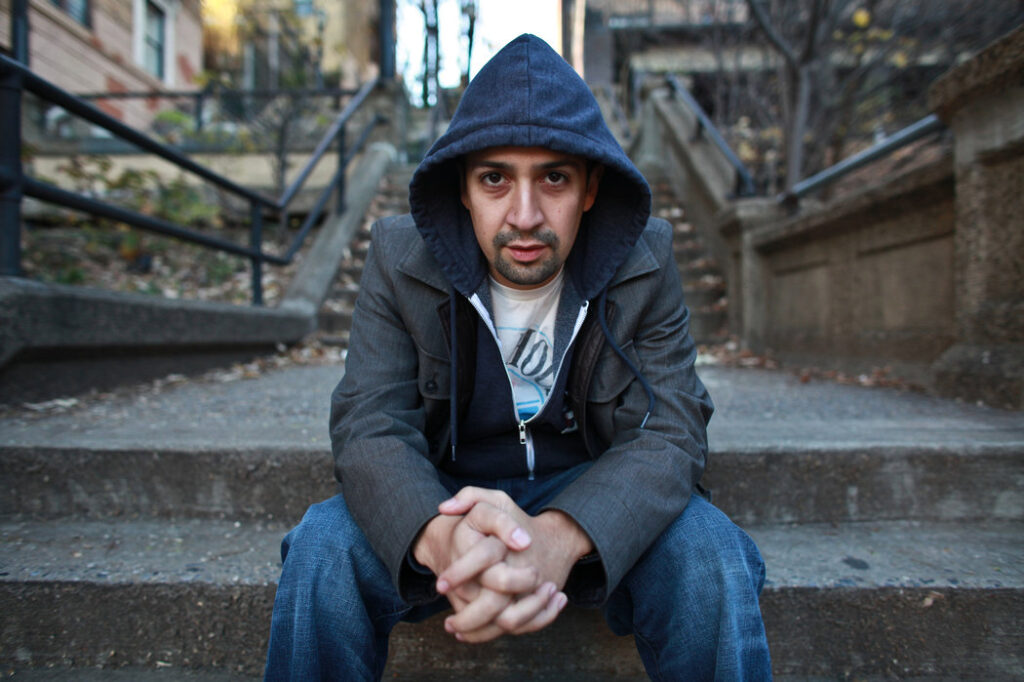
More recently, a Perth-based theatre company faced international criticism for their production of A Chorus Line which initially opened without the only role specifically written for a Black performer. After intervention by the show’s rights holders, the role was eventually cast. This incident highlighted the ongoing issues of erasure and representation in the Australian theatre landscape, as well as how companies seek to challenge audience trust in both theatre companies and performances.
In the case of CLUEDO, producers of the production will have had to consider whether an actor’s public reputation will overshadow their performance when announced in the media.
…the casting choice feels intentional, with the producers knowing that it would create a whirlwind of social media commentary”.
Industry Responsibility
The arts and entertainment industry have an inherent responsibility to foster a safe and respectful environment for everyone involved. This stretches from those on stage, to the cast and crew working tirelessly behind the scenes. This is when casting decisions can be seen as a reflection of a production’s values, as some see is the case for CLUEDO, which is being staged by Crossroads Live.
We reached out to the arts community to gauge their reactions to this week’s casting and the message they believe it sounds out to the community. Published writer and theatre producer Daniel Cottier expressed their concern around the production, stating that, “we are in an industry with a 90% unemployment rate, during a cost of living crisis”, adding that they, “hope people are kind to those workers who don’t have the means to boycott” working on the production if faced with public backlash.
Another, a director with over two decades of experience in the industry says that the “casting choice feels intentional, with the producers knowing that it would create a whirlwind of social media commentary. These comments give the production enormous exposure and potentially drive ticket sales from those who aren’t aware of the whole story.” Negative commentary will always be associated with the comeback narrative, and as such the territory in which production teams traverse it needs to be considered. Some believe that “what the producers have done is cause harm to the victims and send a message to other victims that their perpetrators can continue to get work and have a platform while they deal with the ongoing trauma of abuse”.
It’s clear that the boundaries in which the arts exist holds the same responsibilities as that of any workplace. How producers balance the ethics associated with perpetuating a successful comeback story should not take priority over the wellbeing of others involved in a production.
The “Comeback” Story
The concept of second chances isn’t new. The arts quite often play a role in shaping public narratives. It has always been, and will continue to inherently be, a political space. The idea of a “comeback” or a second chance is one such concept that’s been shaped and explored in theatre.
However, particular comeback narratives can be complicated and, in some cases, harmful. For a true comeback to be meaningful, it often requires accountability and a demonstration of changed behaviour. Without that, it can look like a PR move that minimises the experiences of those who have been harmed.
From within the industry, an experienced performer with more than 15 years in the arts says of the CLUEDO casting that it’s missing this key ingredient. “[This is a performer] who never apologised, or acknowledged [their] behaviour, who was given power from [their] producer [and] is hired by that same person again.” They believe this type of PR says that “what women fought years for meant nothing. It says [they] don’t matter. And it hurts”.
Other artists, such as Caitlin A. Kearney take opportunities of particular casting choices as a “call to action.” She says of the CLUEDO announcement to “find ways to vote for as much live art that actually exemplifies your values as you can – with your dollar as an audience member and your audition as an artist.”
At its core, theatre is a collaborative art form and its success depends on the active participation of all its stakeholders – artists, producers and patrons alike.
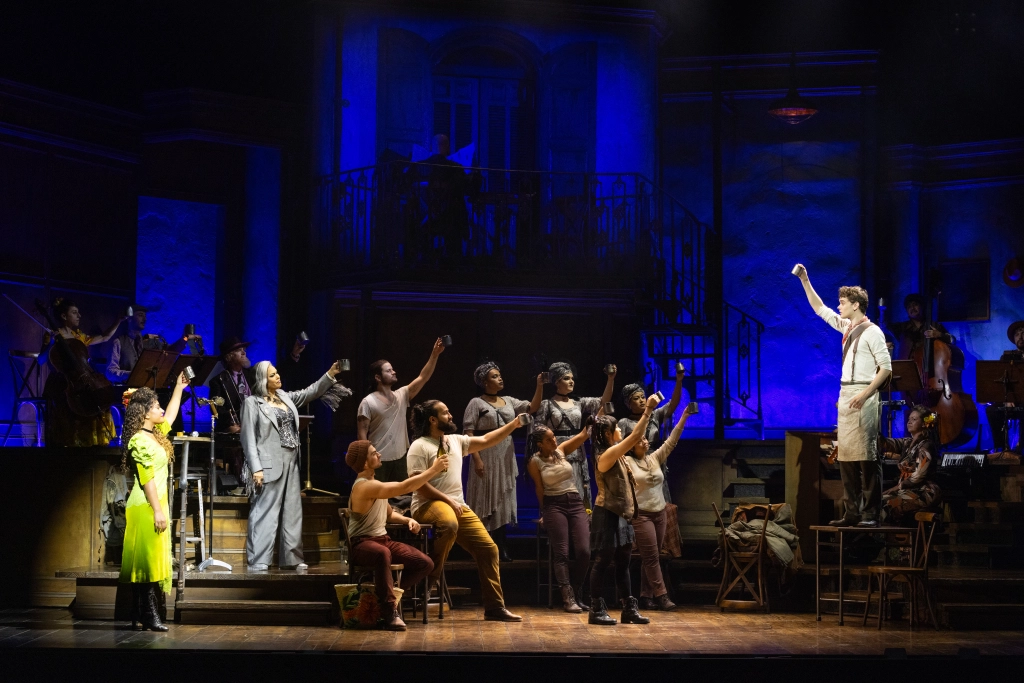
A Look to the Future
The measure of success when the Australian production of CLUEDO hits our shores will not be determined by box office alone. It will also be measured by the conversation it generates – and already seems to have started generating online. The choice of questionable and controversial casting serves as a poignant example of why casting is both a moral and ethical decision as much as it is a creative one.
The Australian theatre scene is continuing to grapple with issues of safety and respect. The implementation of an intimacy coordinator in productions is now a concrete role that is inherent to both the success and the believability of intimacy on stage, as it is to the safety of the actors involved. This production’s choices moving forward will undoubtedly be a key part of that ongoing discussion.
This conversation isn’t just about finding the right actor for a role; it’s about the message a production sends to its audience, the wider industry, and the community at large.
[Update] Since posting, Crossroads Live, producer John Frost, and star Craig McLachlan have released public statements following McLachlan’s withdrawal from the Australian production of CLUEDO
Helpful resources for survivors of sexual trauma:
About the Author

